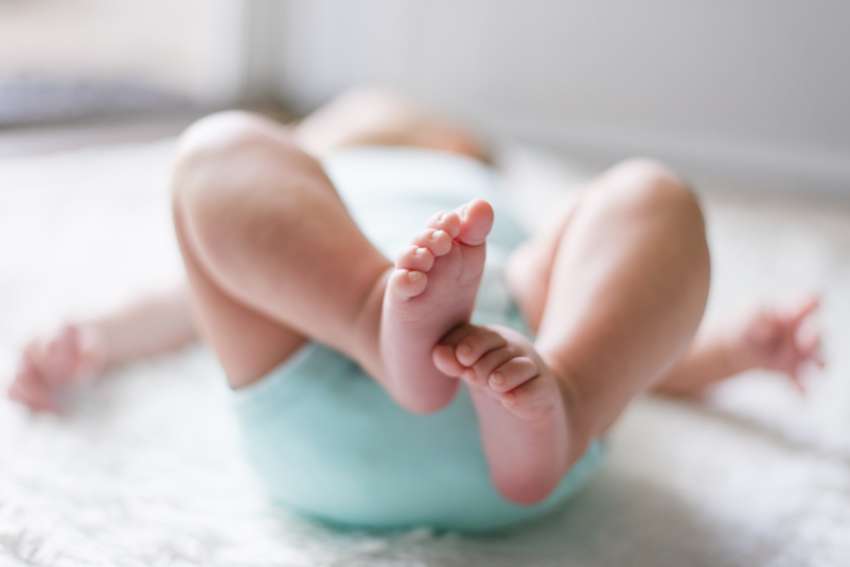These are the words of Olivia Enos, a 31-year-old professional living on Capitol Hill in Washington, D.C. She recently had a baby boy and was surprised to find the journey is not painful.
“Literally everything I ever read or consumed about parenthood prior to having (my son) was about how arduous it was... It made me wonder why anyone would embark on such an endeavour,” she says.
Why indeed. That we should hear about the difficulties makes sense, since those are present in parenting, to be sure. But why is the unmitigated joy that also comes with having children apparently a well-guarded secret?
Pew Research tells us in 2021 that 44 per cent of childless adults age 18-49 say they are not likely to have children, up seven percentage points from 2018. Given rising childlessness abroad and at home, I often find myself wondering just how to explain that having kids is meaningful and fun without sounding like I’ve joined a cult.
Those who too readily extoll the wonders of children often come from one of three camps: New mothers (that’s still me), would-be anxious grandparents or Ned Flanders types who are too religious, too conservative or both. None connect effectively with young people about having kids.
I have a theory that the negatives of having babies are easier to communicate, while the metaphysical beauty is not. For example, if I say I’ve been sleep deprived since my daughter was born four years ago and counting — everyone, with or without children — will know precisely what being tired feels like. When I worked as a journalist, I routinely stayed up until 2 a.m. “putting the magazine to bed.”
That putting my daughter to bed should also so regularly result in seeing her again at 2 a.m. would have thus sounded painful to my former journalist self. Those nights were exhausting. Embarking on having a family to be equally or more exhausted? A tough sell. It is all too easy to frame having children as a burden rather than a blessing.
Miracles happening all around us often only speak to those experiencing them. To others they can sound like a hoax. What it means to have my daughter throw her pudgy arms around me and give me a kiss at bedtime — now no magazine on the planet ever offered pay so generous. Yet had someone tried to explain this to me in my childless days, I would have done Ye Olde Smile and Nod. It’s also easy to become sarcastic. After all, baby kisses don’t pay the rent.
Another theory I have for why we don’t have more children hinges on concerns around social recognition. Tired parents simply don’t appear on top 40 under 40 lists. Before having a child, Enos recalls that she worried about her identity.
“I remember worrying that I would lose who I was as both a person and as a professional if I became a Mom,” she says.
Recent research speaks to this, showing the desire for social status leads to “delays in marriage and reproduction.” Delays in this arena for women often mean having children at all is denied.
Another theory is that the loss of religion in Canada means fewer babies. Recent Cardus research shows religious women are better able to cope with fears around having children. Here too, Enos has experience.
“I was very scared of childbirth, very scared of the responsibility of raising a child, and very scared for my identity to change,” she says. “In my case, the Lord has assuaged each and every fear. So to any women considering whether they are capable of being moms, know that the Lord meets every need in His time and in His way.”
With the exception of being a faithful Christian, Enos is the average 30-something-year-old, making her way in the world, and thus a better spokeswoman for the cause of increasing fertility than others might be. “Few among us learn about how being a mom adds and enriches.
“I feel like I have become more of who I was created to be by adding the title of Mom,” says Enos. “The experience has not only grown me as a person, but it has grown me as a spouse, friend, and a professional.”
I happen to agree, and the more we talk about this, the more young people may begin to see having children as a blessing, not a barrier to the life they think they are supposed to lead.
(Andrea Mrozek is Senior Fellow with Cardus Family. )


